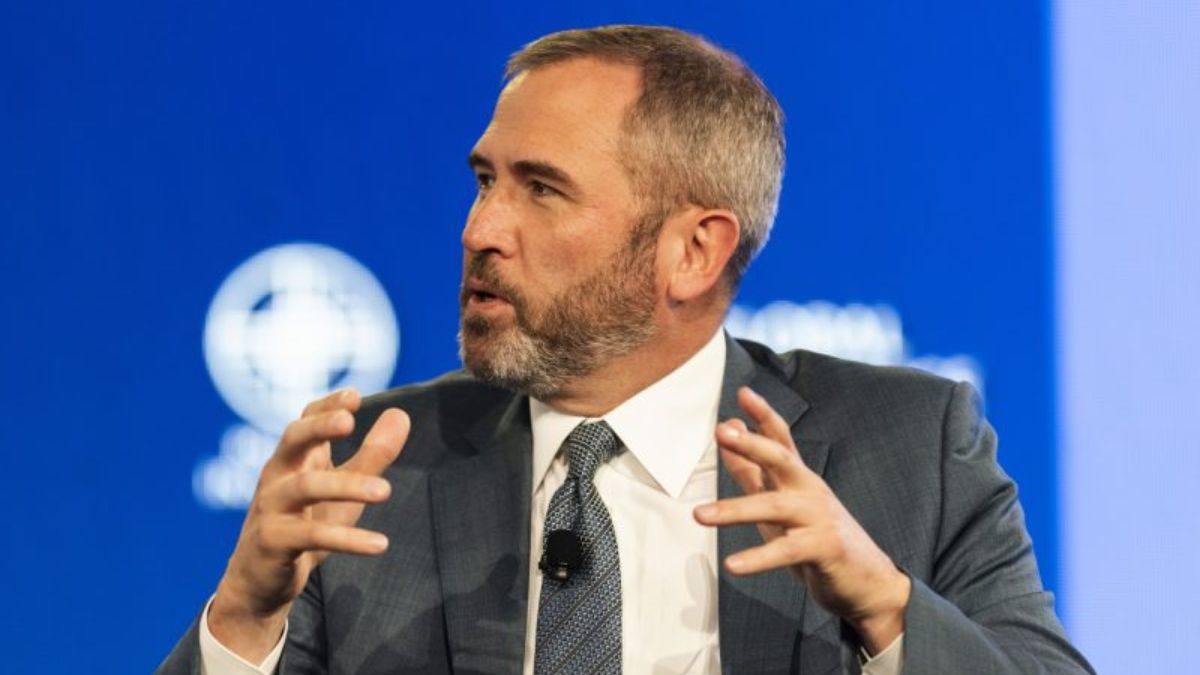
Brad Garlinghouse, the CEO of Ripple, recently revealed that Citibank has closed his personal and business accounts without prior warning. The move comes amid Ripple’s ongoing legal battles with the U.S. Securities and Exchange Commission (SEC) and increased scrutiny of cryptocurrency firms by financial institutions.
Why Was Garlinghouse Debanked?
Although Citibank has not provided an official statement, the following factors may have contributed to the decision:
- Regulatory Scrutiny:
- Ripple’s legal issues with the SEC over the classification of XRP as a security have made the company a high-risk client for traditional banks.
- Anti-Crypto Sentiment:
- Many financial institutions remain wary of cryptocurrencies due to their perceived association with money laundering and fraud.
- Institutional Risk Management:
- Banks often assess clients based on reputational and regulatory risks. Ripple’s high-profile legal battle may have triggered a reassessment.
What Are the Implications for Ripple?
The debanking of Garlinghouse could have far-reaching consequences for Ripple and the cryptocurrency sector:
- Investor Confidence:
- The incident may raise questions about Ripple’s financial stability, potentially affecting investor sentiment.
- Industry-Wide Impact:
- Other crypto executives and companies might face similar challenges, further straining relationships between traditional banks and the crypto industry.
- Increased Adoption of DeFi:
- The incident highlights the importance of decentralized finance (DeFi) solutions, which operate independently of traditional banking systems.
Ripple’s Next Steps
Ripple has been proactive in diversifying its operations to mitigate the impact of traditional banking challenges. Here’s how the company is responding:
- Expanding Global Reach:
- Ripple is focusing on partnerships outside the U.S., particularly in Asia and Europe, where regulations are more crypto-friendly.
- Promoting XRP Ledger:
- The XRP Ledger is being marketed as a solution for cross-border payments, positioning Ripple as a key player in the fintech space.
- Advancing Legal Defense:
- Ripple is aggressively defending itself against the SEC’s lawsuit, with hopes of a favorable outcome that could set a precedent for the industry.
What Does This Mean for the Crypto Industry?
The debanking of a prominent crypto executive underscores the growing tension between traditional financial institutions and the cryptocurrency world. Here are some potential outcomes:
- Stronger Push for Regulation:
- Industry leaders may advocate for clearer regulations to prevent arbitrary decisions by banks.
- Shift Toward DeFi:
- The incident could accelerate the adoption of decentralized banking solutions.
- Reevaluation of Banking Relationships:
- Crypto firms may reconsider their reliance on traditional banks, opting for fintech or crypto-native solutions instead.
Key Takeaways
| Aspect | Impact |
|---|---|
| Ripple’s Stability | Investor concerns over Ripple’s financial health may arise. |
| Industry Trends | Highlights the need for decentralized alternatives to traditional banks. |
| Legal Context | Puts additional focus on Ripple’s SEC lawsuit. |
Conclusion
The debanking of Brad Garlinghouse by Citibank serves as a wake-up call for the cryptocurrency industry. It highlights the challenges crypto firms face in navigating traditional financial systems and underscores the importance of advancing decentralized solutions. Ripple’s resilience in the face of adversity will likely shape its future and set an example for the broader industry.

